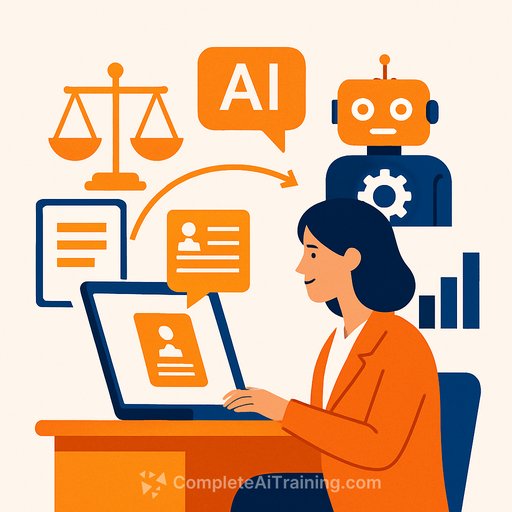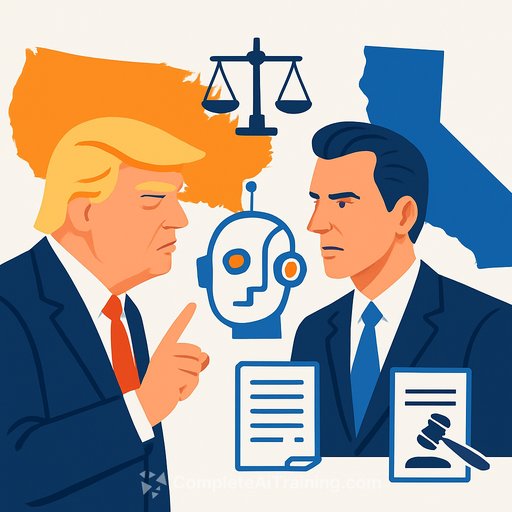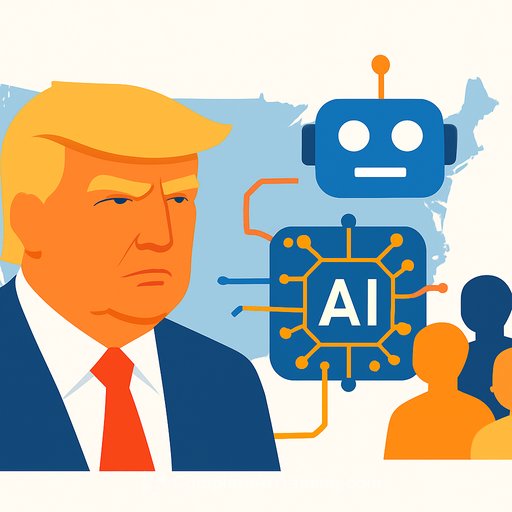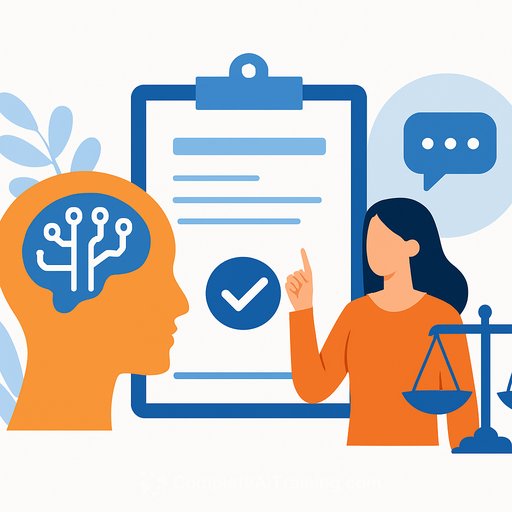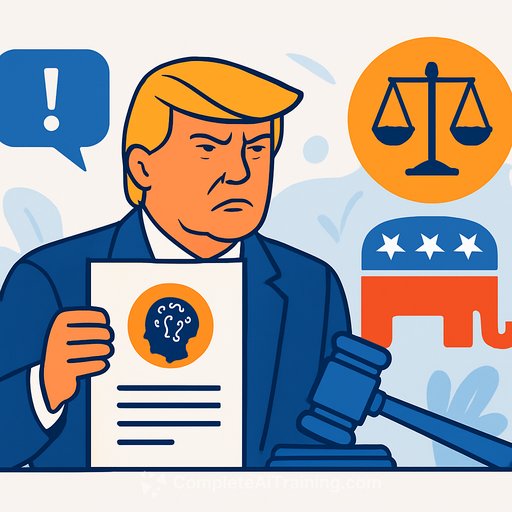LexisNexis Launches Protégé General AI Integrating Multiple General-Purpose Models for Legal Workflows
LexisNexis Legal & Professional has introduced Protégé General AI, a new extension of its AI platform that enables legal professionals to access multiple general-purpose AI models securely alongside its legal-specific tools. This integration removes the need to switch between separate AI systems and enhances security when using these general models.
Currently available as a preview for U.S. customers, Protégé General AI allows users to work with models such as OpenAI’s GPT-5, GPT-4o, and o3, plus Anthropic’s Claude Sonnet 4, all within the familiar Lexis+ AI environment. The interface features a toggle to switch smoothly between general-purpose AI and legal-specific AI tools, streamlining workflows for legal teams.
Combining General and Legal-Specific AI Capabilities
Protégé General AI complements Protégé Legal AI, which already uses a range of legal-tuned models like GPT-4o, GPT-4.1, Claude 3.7, Claude 4, and fine-tuned versions of GPT-4o-mini and Mistral. While the legal AI tools base their responses on LexisNexis’s trusted legal content and validate citations through Shepard’s citation service, Protégé General AI draws from open-web sources to assist with research, drafting communications for both legal and non-legal audiences, and simplifying complex issues.
Importantly, Protégé General AI also integrates a Shepard’s Citation Agent that verifies any legal references included in AI-generated responses, helping maintain accuracy and reliability.
Strengths of Different General AI Models
LexisNexis highlights specific advantages of each general AI model within legal workflows:
- GPT-5: Blends domain knowledge with broad reasoning skills, suitable for diverse legal and general tasks.
- Claude Sonnet 4: Offers natural, fluent responses ideal for everyday communications, brainstorming, and simple tasks.
- GPT-4o: Effective for exploration, brainstorming, and integrating web-based information into projects.
- OpenAI o3: Optimized for deep research, strategic decision-making, and tackling complex problems.
Agentic AI Framework Designed for Legal Work
Protégé Legal AI is built on LexisNexis’s proprietary agentic AI framework, which supports agentic workflows specifically created for legal tasks. One example is the AI Guided Research Workflow, which includes:
- Orchestrator Agent: Breaks down complex queries into manageable parts.
- Legal Research Agent: Enables real-time user guidance during research.
- Reflection Agent: Reviews and refines final responses.
These agents vary from generalists handling broad research and legal questions to specialists focusing on tasks such as contract review and citation verification. The entire system operates within LexisNexis’s encrypted environment, offering enhanced privacy protections compared to consumer AI tools.
Organizations can disable general AI access for users if needed, and individual users have the option to toggle the feature on or off, giving full control over AI usage within legal workflows.
Customer Preview and Future Availability
About 200 law firms, corporate legal departments, and law schools are currently participating in the customer preview program, which is already underway. Full general availability is planned for later this year.
This launch builds on LexisNexis’s ongoing AI development efforts, which began advancing agentic AI technology in 2024. The company employs over 2,000 technologists, data scientists, and legal experts focused on AI innovation. Its multi-model approach involves partnerships with industry leaders such as AWS, Anthropic, Microsoft, Mistral, and OpenAI, selecting AI models best suited for specific tasks.
For legal professionals interested in enhancing their AI skills and understanding these new tools, exploring specialized courses in AI for legal applications may be beneficial. Resources such as Complete AI Training’s courses for legal professionals offer practical knowledge on integrating AI into legal workflows effectively.
Your membership also unlocks:

